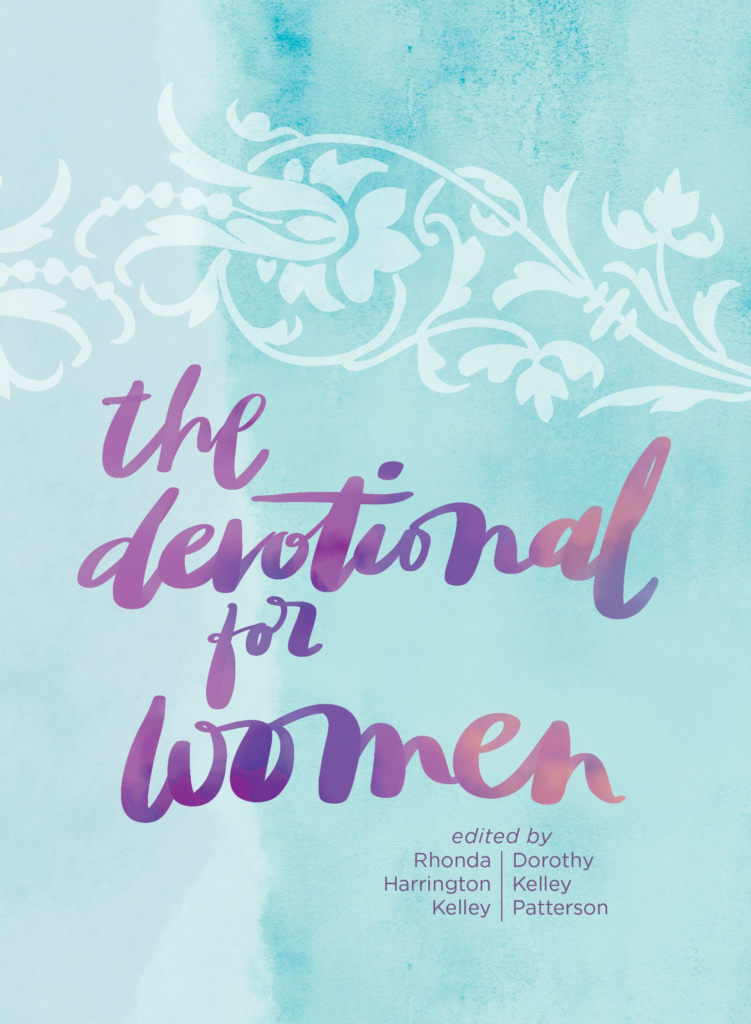It's not their fault - the book authors, your friends, your study leader. I understand that. But it doesn't make the pain ease up at all. Anyone else who has struggled with infertility knows what I'm talking about. You sit down to read your devotional or (God forbid!) have a group Bible study, open your book, and at the top of the page: CHILDREN. It doesn't matter what the rest of the title says, because that's the only word you see, staring up at you like a big red light that, by turns, is mocking you and judging you.
You think, "That's it, I'm out. This whole lesson doesn't apply to me." Or perhaps wonder what is so wrong with you that God doesn't want you to raise children. You maybe start comparing yourself to other moms in your study group, and before long, little seeds of resentment start to germinate as you think, "Why does she get to use this parenting knowledge and I don't? I mean, I'm better than her at [XYZ]. How come God's ignoring me over here?" The same thing happens even when you're alone. You start to get angry at the other women for whom this book was written or become embittered that clearly you shouldn't be reading this book at all, because it must apply to a different kind of woman - one who can have children, has had children, should have children.
And all this goes on in a matter of seconds. Sometimes, you get up and leave, or at least slam the book shut and go drown your emotions in a ridiculously large cup of coffee. Or, like I did yesterday, grit your teeth and resolve to get through the next few minutes with dogged determination so you can pretend like you aren't crumbling on the inside. After all, it's not their fault.
 I'm reading through a book called The Devotional for Women, edited by Rhonda Harrington Kelley and Dorothy Kelley Patterson. As a side note, I'm only on day 34 of 366, but so far, I highly recommend it. There have been a few articles that I thought erred on the legalistic side, but overall, it's very thought provoking and a great jumping off point for deeper study.
I'm reading through a book called The Devotional for Women, edited by Rhonda Harrington Kelley and Dorothy Kelley Patterson. As a side note, I'm only on day 34 of 366, but so far, I highly recommend it. There have been a few articles that I thought erred on the legalistic side, but overall, it's very thought provoking and a great jumping off point for deeper study.
The title of yesterday's article was, "How Do You Teach Your Children to Obey?" I read it, and for a second or two, burning anger against the author took over. The passage was Deuteronomy 6:4-9, where Moses is charging parents to teach their children God's Law. But as I was gritting my teeth and reading, it was like God lifted a veil off my eyes.
Surrounding those middle verses, you see that Moses is very concerned with the generations: children and grandchildren were mentioned by name (Deut. 6:2), future children (Deut. 6:20), and even makes the third and fourth generations a part of the conversation (Deut. 5:9). In fact, the whole book is an address to an entire society, with instructions to govern a nation.
I don't think that Moses' charge to teach children was meant for individual family units. It can definitely be applied in that situation, but Deuteronomy is a lot more big picture than that. In any society, "our children" refers to the next generation of people being raised up in that culture. That's why Boomers and GenX are worried about Millennials, and Millennials about the iGen and Alphas.
In this context, the devotional title definitely applies to me now, regardless if I conceive or adopt in the future - or never have children. For the purposes of passing on God's Word to the next generation, my neices and nephews are my children. My friends' children are my children. The children in my church or volunteer circles are my children. Any child over whom I have any influence is my child.
The charge to parents raising their children in the Lord is a heavy one. One that terrifies me as much as excites me. But I now realize that just because I don't have kids doesn't mean I'm exempt from this charge. Life after 23 apparently still involves children, regardless of the outcome of my infertility journey. You've heard of the old proverb, "It takes a village to raise a child." I may not have the responsibilities of a mother, but God just reminded me I am still part of the village.



Comments
Post a Comment